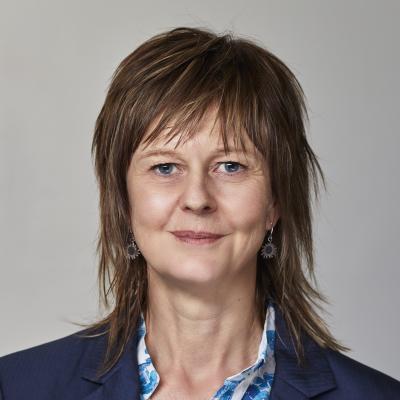AEMO needs greater ambition on DER for a true whole-of-system ISP

Key Takeaways:
Distributed energy resources (DER) in homes and businesses will likely be the largest component of generation capacity, storage and flexible load in the National Electricity Market (NEM) by 2050.
The Australian Energy Market Operator’s DER forecasts are conservative in several respects, meaning DER could play a much greater role than currently forecast.
A higher DER sensitivity is needed in the 2024 Integrated System Plan (ISP), and a high DER scenario is required in the 2026 ISP.
Without co-optimisation between the demand side and the supply side, AEMO risks over-estimating how much large-scale generation and new transmission will be necessary.
Australia’s energy transition could end up slower and more expensive because regulators are underestimating the potential of distributed energy resources (DER), according to the Institute for Energy Economics and Financial Analysis (IEEFA).
In its draft 2024 Integrated System Plan (ISP), the Australian Energy Market Operator (AEMO) recognises that DER assets such as rooftop solar and vehicle-to-grid (V2G) charging will likely be the largest component of generation capacity, storage and flexible load in the National Electricity Market (NEM) by 2050. However, new analysis from IEEFA shows that DER could play a greater role in the system than AEMO is currently estimating.
IEEFA’s research is released today in a new briefing note, Integrated System Plan needs greater ambition on DER to be a true whole-of-system plan, by IEEFA guest contributor Dr Gabrielle Kuiper and Johanna Bowyer, Lead Analyst – Australian Electricity.
Dr Kuiper says: “The small stuff adds up. The electricity system is being flipped on its head, with what happens behind the meter becoming crucial to the costs of the system for all consumers into the future..”
Dr Kuiper and Ms Bowyer’s analysis shows that AEMO’s projections for rooftop solar and V2G are conservative, and that the draft 2024 ISP does not fully examine the opportunities offered by flexible demand. IEEFA recommends more detailed exploration of flexible demand opportunities in the short term, and co-optimisation between demand and supply in the ISP process in the longer term. IEEFA also recommends that AEMO include a stronger DER scenario in the 2026 ISP, and a stronger DER sensitivity in the 2024 ISP.
Small-scale DER offer a range of advantages:
- DER assets are fast to roll-out as, in most cases, land acquisition and planning permission is not required.
- Network upgrades are not generally required.
- A large workforce is already in place, with more than 10,000 people currently engaged in the rooftop solar and storage industries.
- In general, there are no social licence issues – indeed electrification provides significant health benefits by removing fossil gas pollution from homes and workplaces.
- DER assets are largely paid for by households and businesses.
Ms Bowyer argues that by including a greater range of DER scenarios in its planning, AEMO would create the opportunity to have a much-needed public policy discussion about the value of higher DER uptake. This would allow for a clearer analysis of the trade-offs between small-scale resources and large-scale generation and transmission infrastructure.
“Both small-scale and large-scale generation and storage will be needed for Australia to reach 82% renewables by 2030,” adds Dr Kuiper. “To underestimate the role of DER in energy planning would risk making Australia’s energy transition slower, more expensive and less democratic.”
Read the report: Integrated System Plan needs greater ambition on DER to be a true whole-of-system plan
Media contact: Amy Leiper [email protected] +61 (0) 414 643 446
About IEEFA: The Institute for Energy Economics and Financial Analysis (IEEFA) examines issues related to energy markets, trends, and policies. The Institute’s mission is to accelerate the transition to a diverse, sustainable and profitable energy economy. (ieefa.org)














